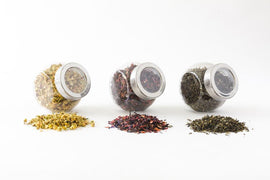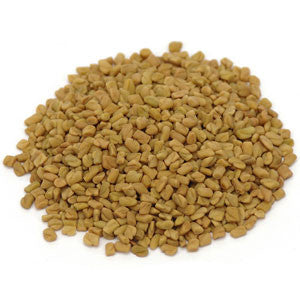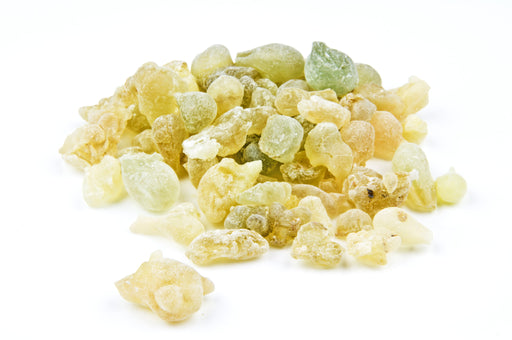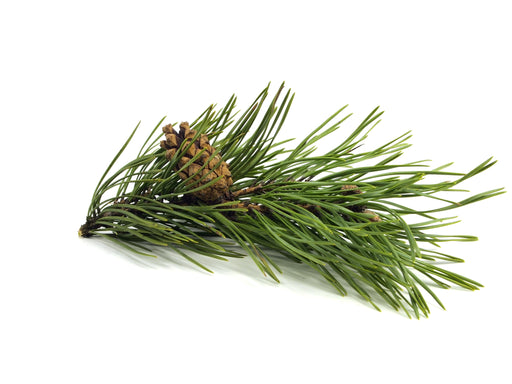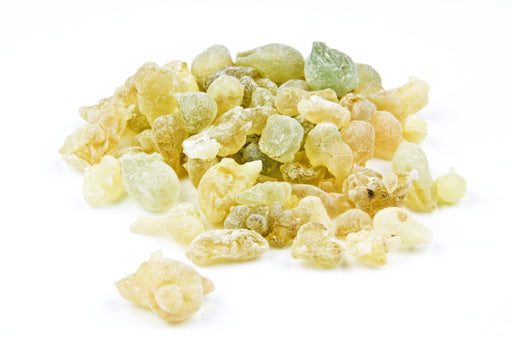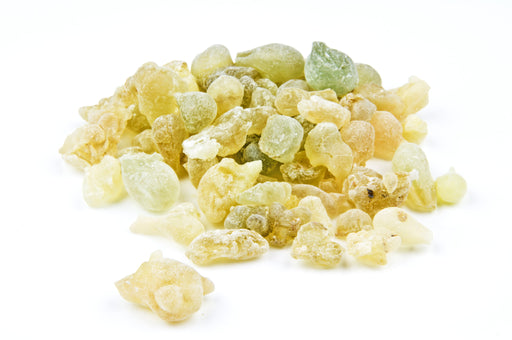Fenugreek Seed Whole (India)
-
Botanical Name: Trigonella foenum graecum
Fenugreek is a plant. The seeds are used to make medicine.
Fenugreek is used for digestive problems such as loss of appetite, upset stomach, constipation, and inflammation of the stomach (gastritis). It is also used for conditions that affect heart health such as “hardening of the arteries” (atherosclerosis) and for high blood levels of certain fats including cholesterol and triglycerides.
Fenugreek is used for kidney ailments, a vitamin deficiency disease called beriberi, mouth ulcers, boils, bronchitis, infection of the tissues beneath the surface of the skin (cellulitis), tuberculosis, chronic coughs, chapped lips, baldness, cancer, and lowering blood sugar in people with diabetes.
Some men use fenugreek for hernia, erectile dysfunction (ED), and other male problems.
Women who are breast-feeding sometimes use fenugreek to promote milk flow.
Fenugreek is sometimes used as a poultice. That means it is wrapped in cloth, warmed and applied directly to the skin to treat local pain and swelling (inflammation), muscle pain, pain and swelling of lymph nodes (lymphadenitis), pain in the toes (gout), wounds, leg ulcers, and eczema.
The taste and odor of fenugreek resembles maple syrup, and it has been used to mask the taste of medicines.
In foods, fenugreek is included as an ingredient in spice blends. It is also used as a flavoring agent in imitation maple syrup, foods, beverages, and tobacco.
In manufacturing, fenugreek extracts are used in soaps and cosmetics.
Fenugreek leaves are eaten in India as a vegetable.
Fenugreek appears to slow absorption of sugars in the stomach and stimulate insulin. Both of these effects lower blood sugar in people with diabetes.
-
Botanical Name: Trigonella foenum graecum
• Diabetes
• Stomach upset
• Decreased appetite
• Promoting milk flow in breast feeeding
• Sexual problems




















































































